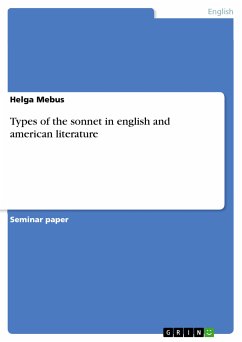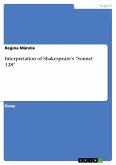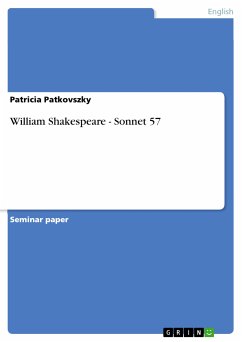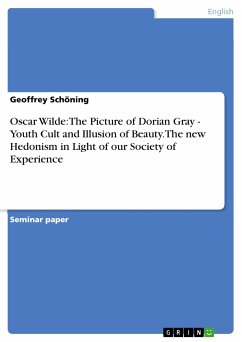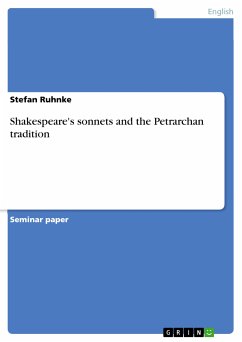Seminar paper from the year 2005 in the subject English Language and Literature Studies - Literature, grade: 1,0, University of Cologne, course: Forms and Genres of Poetry in Literatures in English: From 1500 to the Present, language: English, abstract: The sonnet is a form of verse used continuously for more than 750 years now, according to Spiller (1992: ix). It “is probably the longest-lived of all poetic forms, and certainly the longest-lived of all prescribed forms,” according to him (1992: 2). It is a verse form having a prescribed number of lines, namely fourteen, each consisting of ten syllables if written in English (Murfin, Ray 1998: 372-373). The sonnet has to have a division into certain parts and must follow a rhyme scheme, which is allowed to vary in certain ways (compare Oliphant 1932: 136). It is fascinating that such a prescribed verse form is so attractive to poets. It is definitely a challenge to come to a point having fourteen lines of equal length that also have to rhyme in a certain way. This is a reason to look at the structure of sonnets and its relation to the sonnets’ content in detail. This will be done in the following chapters of this research paper. First, the different types of the sonnet will be explained theoretically. Afterwards, examples of the different types will be given and analyzed. In addition to the common types, there will be a differing example shown. Conclusions are drawn in chapter four.
Bitte wählen Sie Ihr Anliegen aus.
Rechnungen
Retourenschein anfordern
Bestellstatus
Storno

